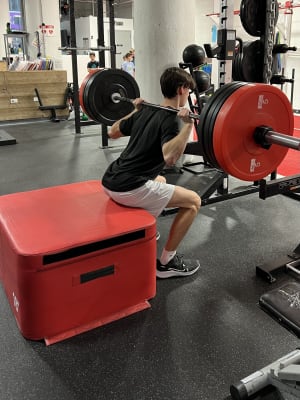
Adolescence is a pivotal period marked by significant physical, emotional, and social changes. During this time, self-esteem—a critical component of mental health—can fluctuate, influencing a teen's overall well-being. Engaging in regular exercise has been shown to play a vital role in enhancing self-esteem among teenagers, fostering both physical and psychological benefits.
The Connection Between Exercise and Self-Esteem
Research indicates that physical activity can lead to improvements in self-esteem for children and adolescents. A synthesis of multiple studies suggests that exercise interventions have moderate short-term positive effects on self-esteem in young individuals.
Mechanisms Behind the Boost
Several factors contribute to the self-esteem enhancing effects of exercise:
Physical Competence: As teens engage in regular physical activity, they often experience improvements in strength, endurance, and overall fitness. These tangible gains can lead to a heightened sense of physical competence, reinforcing positive self-perception.
Body Image: Exercise can positively influence body image by promoting a healthier physique and increasing body satisfaction. This is particularly important during adolescence, a time when individuals become more conscious of their appearance.
Social Interaction: Many forms of exercise, such as team sports or group fitness classes, provide opportunities for social engagement. Building relationships and experiencing camaraderie can enhance social skills and contribute to a stronger sense of belonging, further boosting self-esteem.
Long-Term Benefits
Establishing regular exercise habits during adolescence can have enduring effects. A study tracking individuals from ages 16 to 25 found that those who maintained consistent physical activity reported better health, reduced stress, and higher life satisfaction at age 25. Factors such as high self-confidence and participation in sports during adolescence were linked to sustained exercise habits and overall well-being in young adulthood.
Practical Recommendations
To harness the self-esteem boosting benefits of exercise, teens are encouraged to:
Find Enjoyable Activities: Engaging in physical activities that are enjoyable increases the likelihood of maintaining a regular exercise routine.
Set Realistic Goals: Setting and achieving attainable fitness goals can provide a sense of accomplishment and reinforce positive self-worth.
Seek Supportive Environments: Participating in sports teams, fitness classes, or exercise groups can offer social support and enhance the overall experience.


